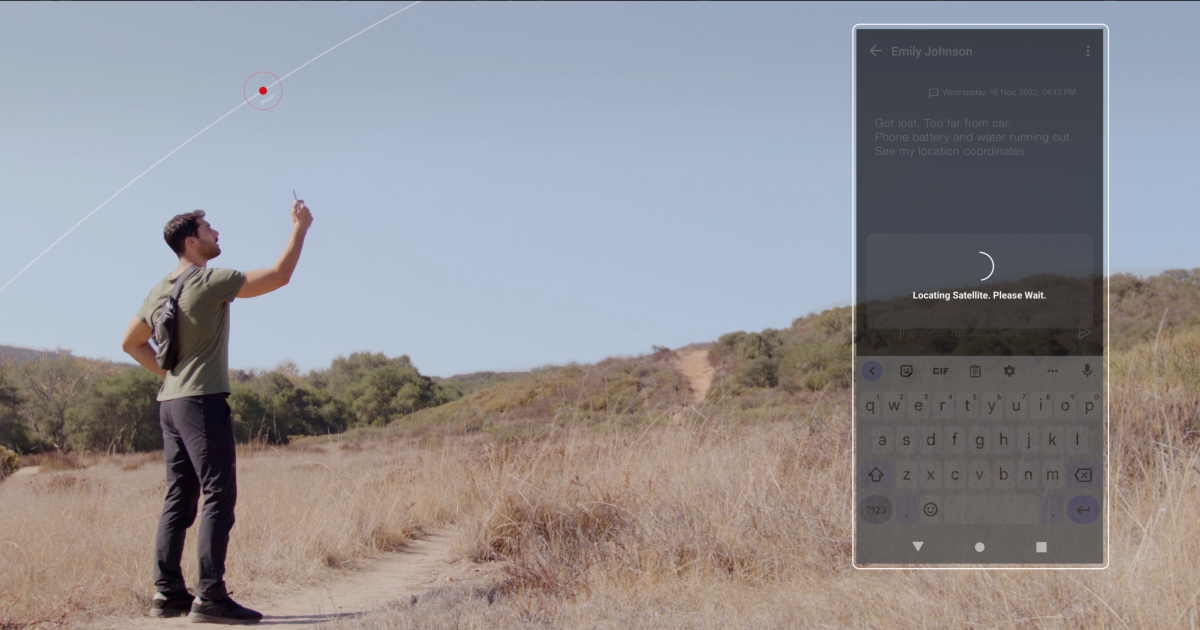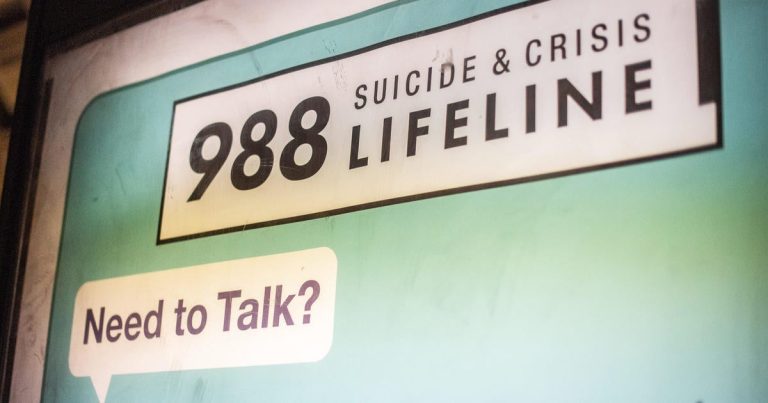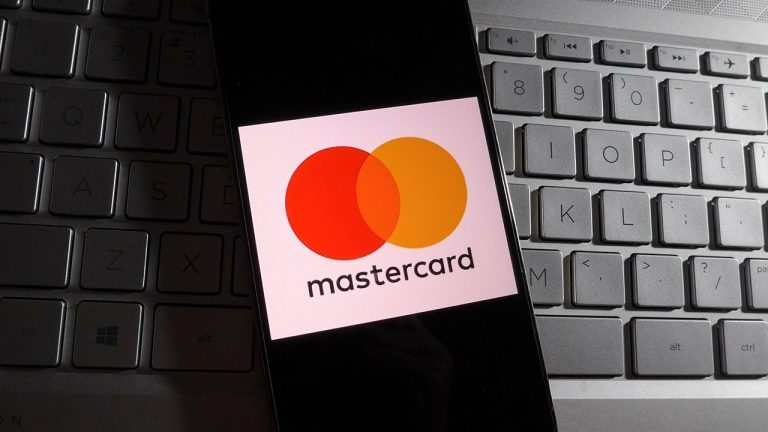
Less than a year after Qualcomm announced a partnership that would allow it to develop a satellite feature for Android smartphones to text off the grid and without a cellular signal — the San Diego company has ended the deal.
Qualcomm decided to terminate the partnership with satellite provider Iridium for its Snapdragon Satellite technology on Nov. 3, according to a Thursday press release by Iridium. The collaboration agreement officially ends on Dec. 3.
The plan was to launch the Snapdragon Satellite and have an off-the-grid messaging feature in smartphones by the end of 2023. The space satellite would have allowed greater connectivity for next-generation Android phones, instead of relying on infrastructure here on earth.
Together, Qualcomm and Iridium were developing a satellite texting feature for Androids that would have rivaled the SOS satellite texting feature already available in Apple’s latest iPhones.
But in a statement, Iridium said that while the technology was successfully developed and demonstrated, “smartphone manufacturers have not included the technology in their devices.”
Without any interest in its proprietary technology Qualcomm shifted its strategy. The San Diego-based chipmaker shared the following statement regarding future plans for satellite connectivity in smartphones:
“(Manufacturers) have indicated a preference towards standards-based solutions for satellite connectivity in mobile devices. We expect to continue to collaborate with Iridium on standards-based solutions while discontinuing efforts on the proprietary solution that was introduced earlier this year (2023).”
The initial focus of the partnership was to allow satellite messaging from smartphones since calling and sending images require more bandwidth. Then, Qualcomm said it would expand to other devices such as laptops, tablets and vehicles.
The Snapdragon Satellite feature was not going to be the first on the market — Apple unveiled SOS texting last year — but it was offering an advantage over its competitors. The Qualcomm-enabled feature promised two-way text messaging to anyone in addition to emergency messages.
Apple’s SOS feature is free for the first two years after activating the iPhone, but it’s not clear how much it could cost after this period. At the time of the announcement, Qualcomm also was unclear on what this premium feature would cost saying it would be up to manufacturers and service providers.
“While I’m disappointed that this partnership didn’t bear immediate fruit, we believe the direction of the industry is clear toward increased satellite connectivity in consumer devices,” said Iridium CEO Matt Desch. “Led by Apple today, (mobile network operators) and device manufacturers still plan, over time, to provide their customers with expanded coverage and new satellite-based features, and our global coverage and regulatory certainty make us well suited to be a key player in this emerging market. User experience will be critical to their success, and we’ve proven that we can provide a reliable, global capability to mobile users.”
Iridium said the end of the partnership means it can pursue deals directly with smartphone manufacturers, other chipmakers, and smartphone operating system developers for its existing and future plans.







